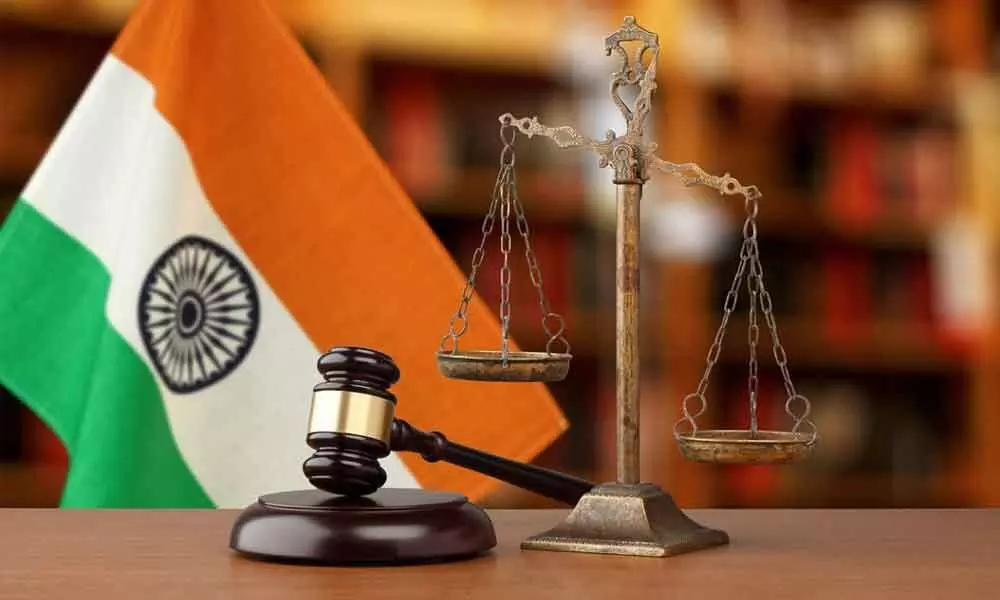Only judiciary can protect the spirit of Constitution

Even as the Citizenship Amendment Bill (CAB) has become a law after it was duly passed by the Upper House of Parliament and the President himself
Even as the Citizenship Amendment Bill (CAB) has become a law after it was duly passed by the Upper House of Parliament and the President himself, the row over its discriminatory nature and lack of Constitutional morality led to widespread protests across the country, especially the northeast States including Assam, Tripura, Meghalaya, Nagaland and Manipur apart from West Bengal and Union Territories of Jammu and Kashmir.
West Bengal is still on the boil with incidents of violence being reported from Nadia, Birbhum, North 24 Parganas and Howrah districts of the State.
Roads were blocked, wooden logs were set on fire on busy roads and shops were vandalised and tyres of vehicles were burnt. It is apprehended that the Act might exacerbate the problem of illegal immigration and it could be a precursor to the country-wide implementation of the National Register for Citizens.
Though the ruling Trinamool Congress leaders requested the people to maintain peace and assured the protesters that the State would not implement the Act, the Opposition parties accused the Mamata Banerjee government of doing nothing to keep the law and order intact.
According to the amended Act, non-Muslim refugees, who escaped religious persecution in Pakistan, Bangladesh and Afghanistan and moved to India before December 31, 2014, will be granted Indian citizenship. The Bill was debated in a heated manner which people across the country watched on television with bated breath.
Though it was anticipated that the Rajya Sabha might not pass the contentious Bill, the Upper House decided the other way round, making the Bill an Act.
It may be mentioned here that the Congress president Sonia Gandhi termed the day the Bill was passed as a "dark day in the constitutional history of India" and several other leaders condemned the Bill as anti-Muslim and fascist.
But then, all these outcries and hullaballoos seem to have come a bit late as they had enough time before the Amendment Bill was tabled in Parliament.
It may be remembered the CAB was faltered in the Upper House in 2016, yet the Congress did not do anything to initiate a nationwide debate on the issue or to approach courts to mount pressure on the BJP not to go ahead with the Bill.
Now, the only hope for over 20 crore Muslims in India is of a judicial intervention. Unless the judiciary comes forward to protect the Constitution, fears and protests will continue over the Act that is perceived as against the spirit of oneness in India.
For the critics of the Act, the bone of contention is not just the exclusion of Muslims from the provisions of the Act but also what they call the belligerence of the Centre against Islamic nations and their policies.
The omission of Muslims including Ahmediyas, Bohras, Baluch Pathans and Rohingyas from the definition of "minority" in the Act is seen by Opposition parties as an act of bigotry and totally against the spirit of secularism.
Let's hope the Supreme Court may step in and decide as per the Article 14, the CAA does not treat our citizens as equals. Otherwise millions of Muslims in the country will have to live in constant fear.














